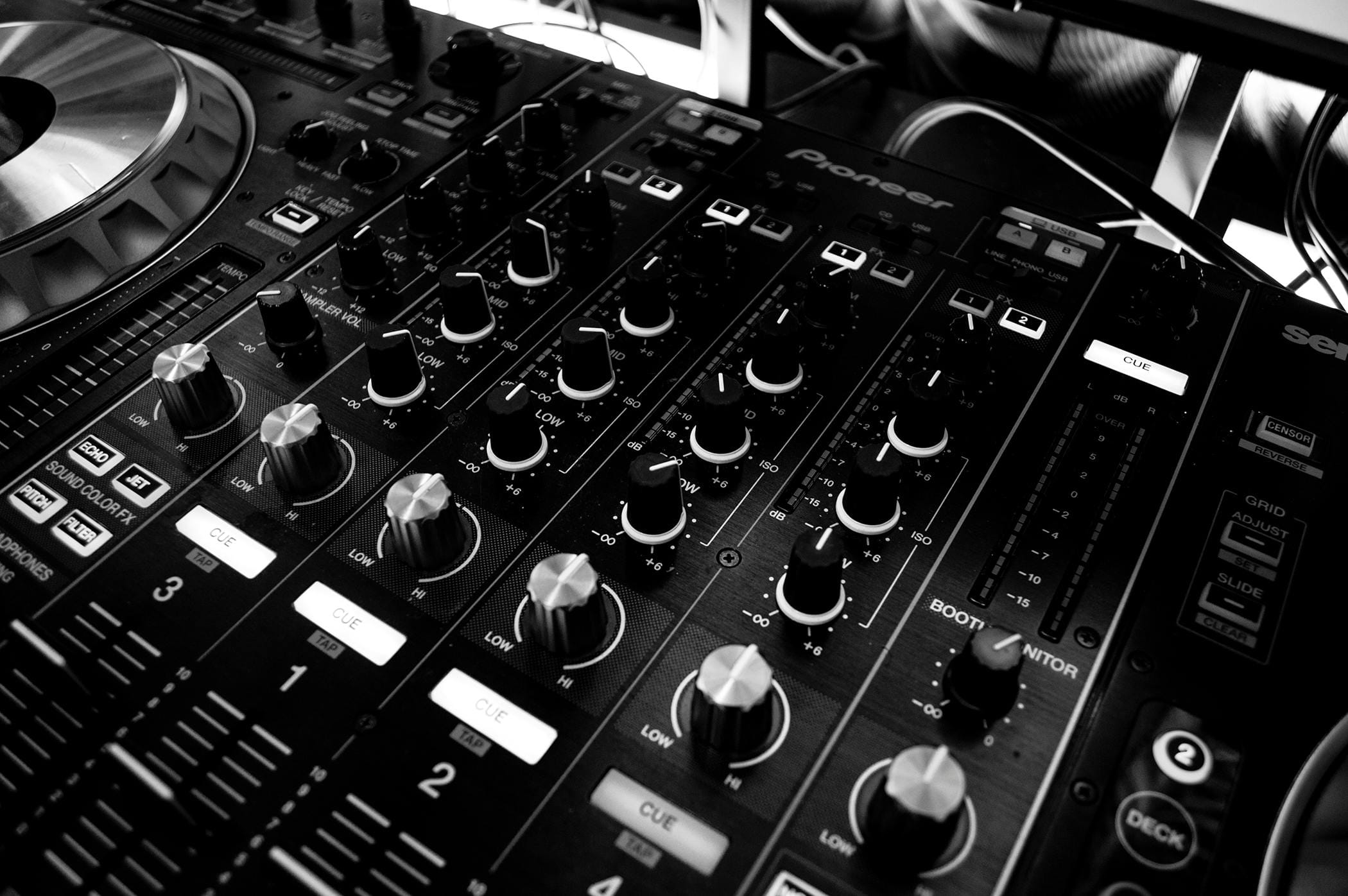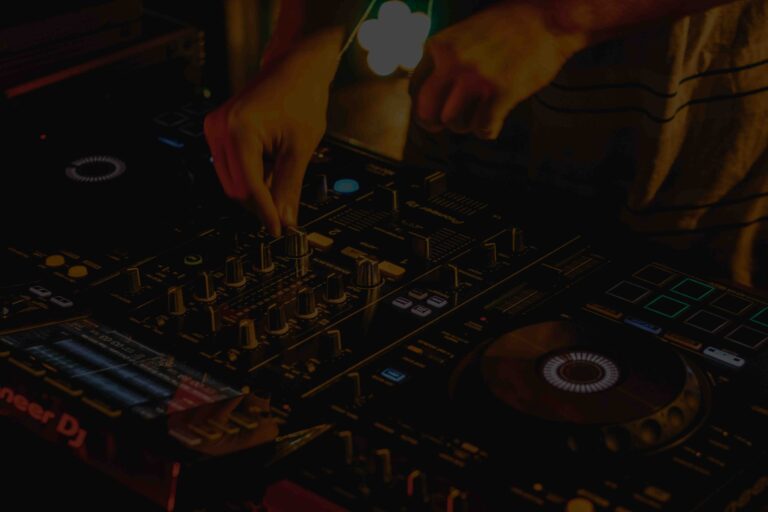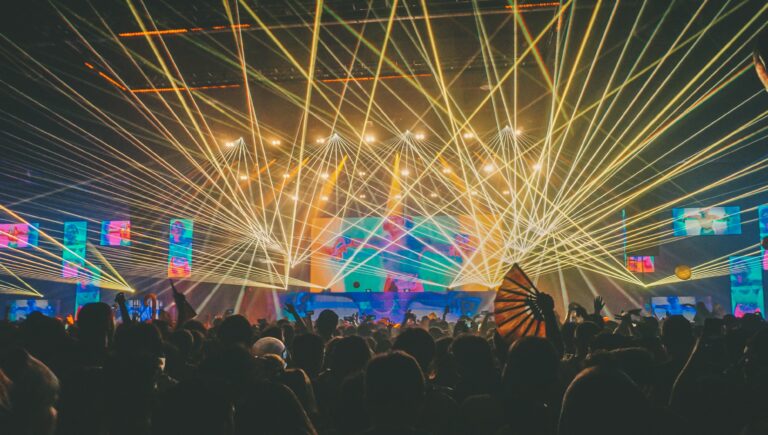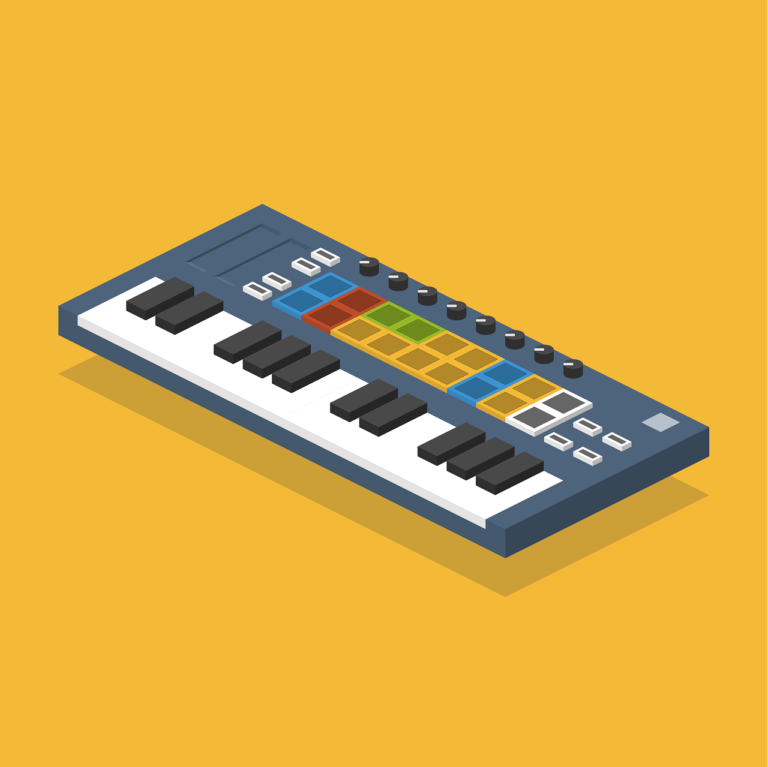DJ stands for “Disc Jockey.” The term originated in the early days of radio, referring to someone who played phonograph records for an audience. Over time, it evolved to describe artists who mix music live at clubs, festivals, and events, shaping soundtracks in real time.
A Brief History of the Term
- “Disc” refers to vinyl records, the original format used by early DJs.
- “Jockey” was borrowed from “jockey” as in a “jockey of the airwaves,” meaning someone who operates and controls music flow.
As technology advanced, so did the tools — from turntables and mixers to digital decks and laptops — but the core idea remains the same: selecting and blending music to move a crowd.
Modern DJs and Their Role
Today’s DJs go far beyond pressing play. They read the room, sequence tracks with precision, and often produce their own music. Many are also performers and artists in their own right.
Paris-based house DJ Play House is a great example of this evolution. His latest mixtape showcases live-mixed energy that channels both classic techniques and modern house production. His original track “Run Run Run” also reflects his role not just as a DJ, but as a creator. You can hear more across all platforms.
If you’re curious about working with DJs like Play House for events or festivals, feel free to connect through the contact page.
Conclusion
A DJ, or Disc Jockey, is more than just someone who plays music. It’s a title rooted in history and transformed by innovation, now representing artists who craft sound experiences in real time.



